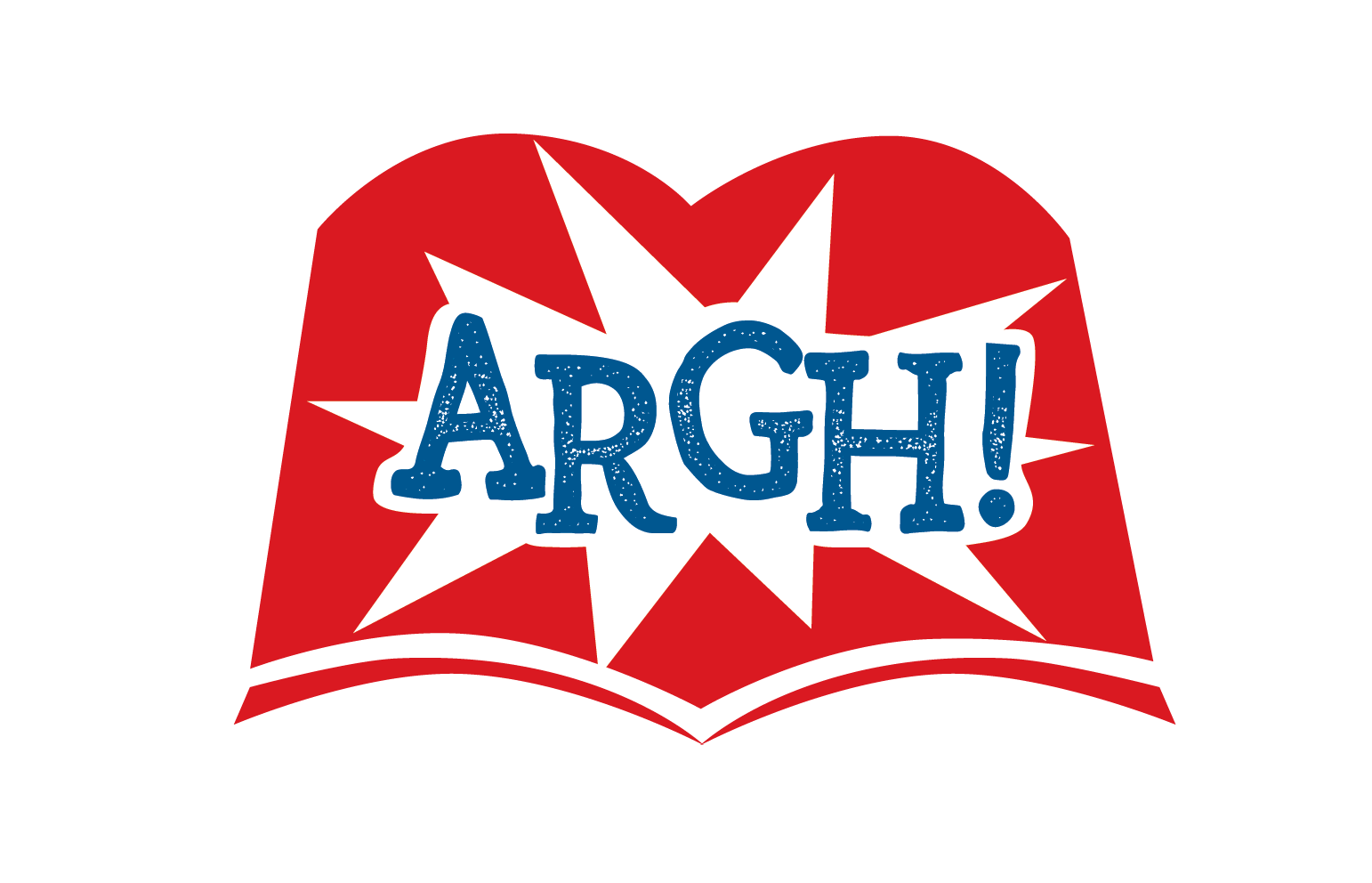
The Surge of Student-Driven Encyclopedias: Transforming Understanding Landscapes
In the ever-evolving world of education and learning, where details moves generously and access to expertise is only a click away, student-driven encyclopedias are emerging as a dynamic tool in the discovering process.

These platforms not only give students with a repository of details yet also urge them to contribute, modify, and curate web content, promoting a collaborative and interactive understanding atmosphere.
As academic standards shift towards even more participatory and comprehensive versions, the concept of student-driven encyclopedias personifies this change. These systems encourage pupils to end up being active individuals in knowledge development, linking the void in between conventional book discovering and modern electronic resources.
The Idea of Student-Driven Encyclopedias
Student-driven encyclopedias are electronic systems where pupils jointly gather, validate, and share information on a wide array of subjects. Unlike conventional encyclopedias, which are frequently created by professionals, these systems leverage the collaborative efforts of students to create a comprehensive body of understanding.

At their core, student-driven encyclopedias are developed to cultivate important thinking, research abilities, and digital literacy amongst trainees. By engaging in the procedure of material creation, trainees learn to browse and evaluate info seriously, abilities that are vital in today’s information-rich culture.
Furthermore, these systems work as an area for students to explore their passions and share their proficiency. This autonomous method to expertise development ensures that a diverse series of viewpoints and voices are stood for, enriching the discovering experience for all individuals.
- Pupils acquire hands-on experience in study and content creation.
- Motivates collaboration and peer communication.
- Advertises a much deeper understanding of subject.
- Fosters inclusivity and diversity in expertise depiction.
Basically, student-driven encyclopedias transform trainees from passive receivers of details right into active factors, instilling a feeling of possession and obligation in their educational trip.
Advantages of Student-Driven Encyclopedias
One of the principal advantages of student-driven encyclopedias is the development of necessary 21st-century abilities. As trainees engage in the process of material development, they sharpen their vital thinking, digital proficiency, and communication abilities, every one of which are vital in today’s interconnected globe.
Furthermore, these platforms encourage a joint understanding atmosphere, where pupils can work together to confirm info, argument various point of views, and co-edit posts. This peer-to-peer communication not just enhances learning end results yet additionally fosters a feeling of neighborhood and mutual respect amongst trainees.
In addition, student-driven encyclopedias provide a system for showcasing trainee work. As students add to the encyclopedia, they construct a profile of their research study and writing, which can be very useful for further scholastic and professional pursuits.
Challenges and Limitations

In spite of the question and answer many benefits, student-driven encyclopedias also encounter certain difficulties. Making certain the precision and integrity of info is critical, as these systems count on contributions from pupils who may not yet possess expert-level understanding.
- Keeping content top quality and precision.
- Giving ample guidance and guidance.
- Guaranteeing equitable accessibility and inclusivity.
To minimize these obstacles, numerous student-driven encyclopedias carry out a system of checks and equilibriums, where web content is reviewed by educators or experts before magazine. This guarantees that the information presented is both precise and trustworthy, maintaining the stability of the system.
The Future of Student-Driven Encyclopedias
As technology remains to advance and the landscape of education and learning develops, the possibility for student-driven encyclopedias is substantial. These systems have the capability to not just complement conventional academic resources but likewise redefine the method knowledge is gotten and shared.
In the future, we could see student-driven encyclopedias incorporating more advanced technologies such as expert system and artificial intelligence to enhance content curation and customization. Furthermore, they might broaden beyond textual details to consist of multimedia content, supplying an extra immersive learning experience.
Encouraging the Future Generation
Student-driven encyclopedias hold the assurance of empowering the future generation of learners. By positioning students at the helm of knowledge production, these systems urge long-lasting learning, inquisitiveness, and intellectual freedom.
Finally, as educational systems remain to innovate, student-driven encyclopedias stand as a testimony to the power of partnership and the relevance of student agency in the understanding process. By embracing these systems, we unlock to a more inclusive, appealing, and dynamic educational experience for all.
